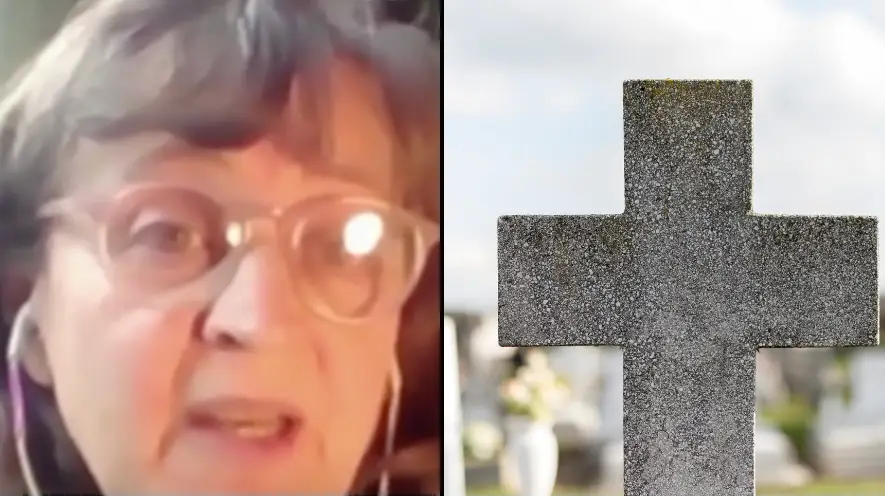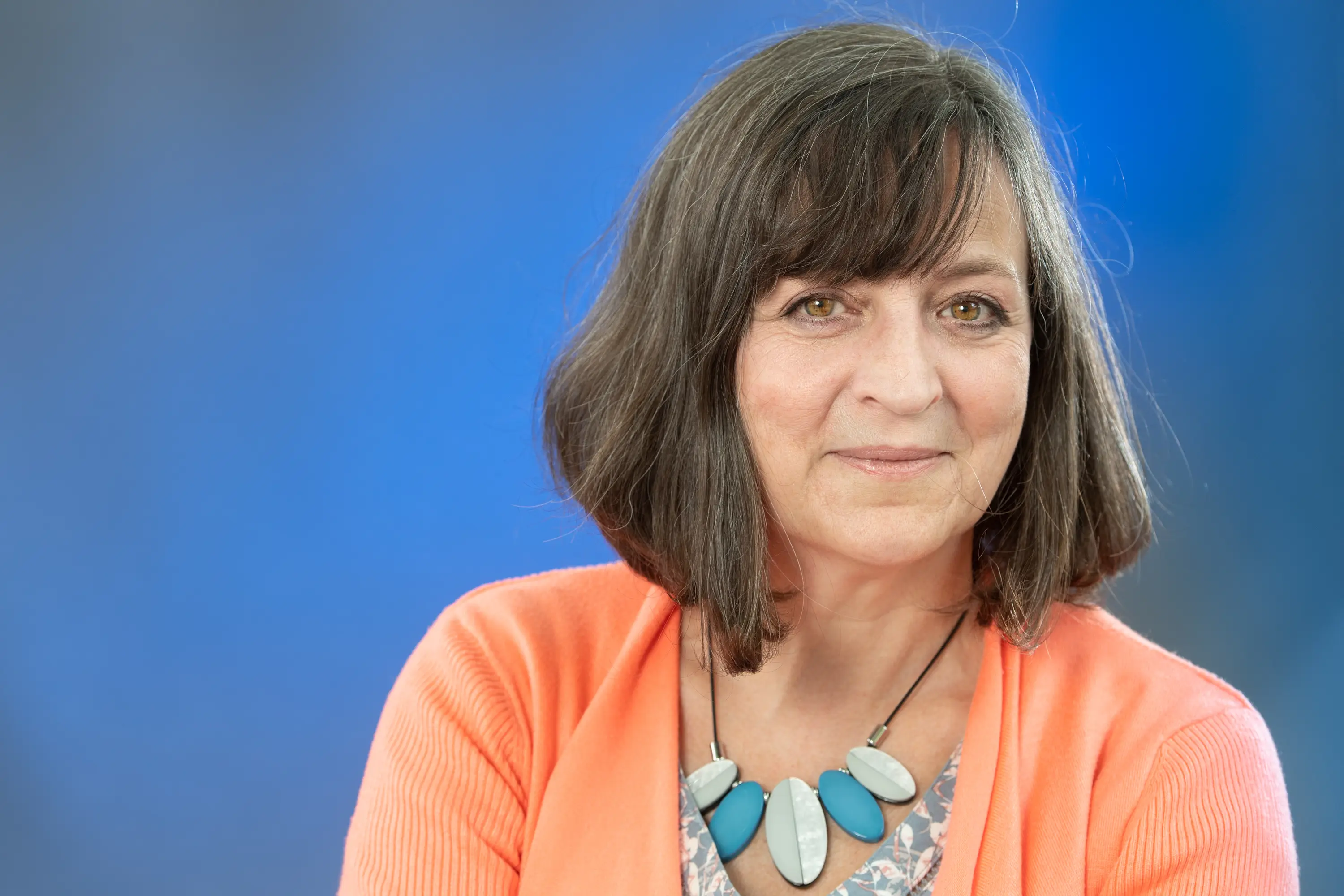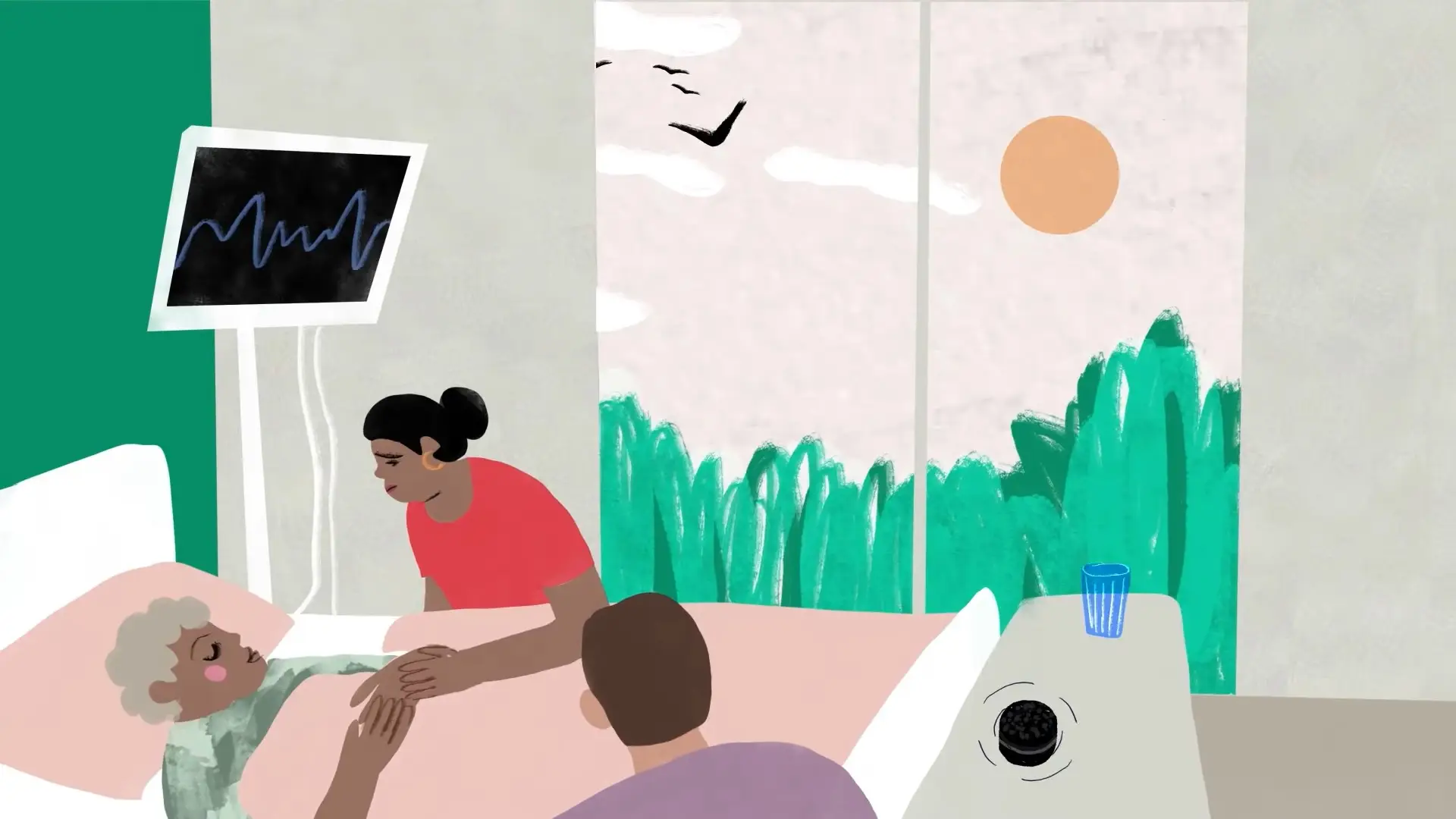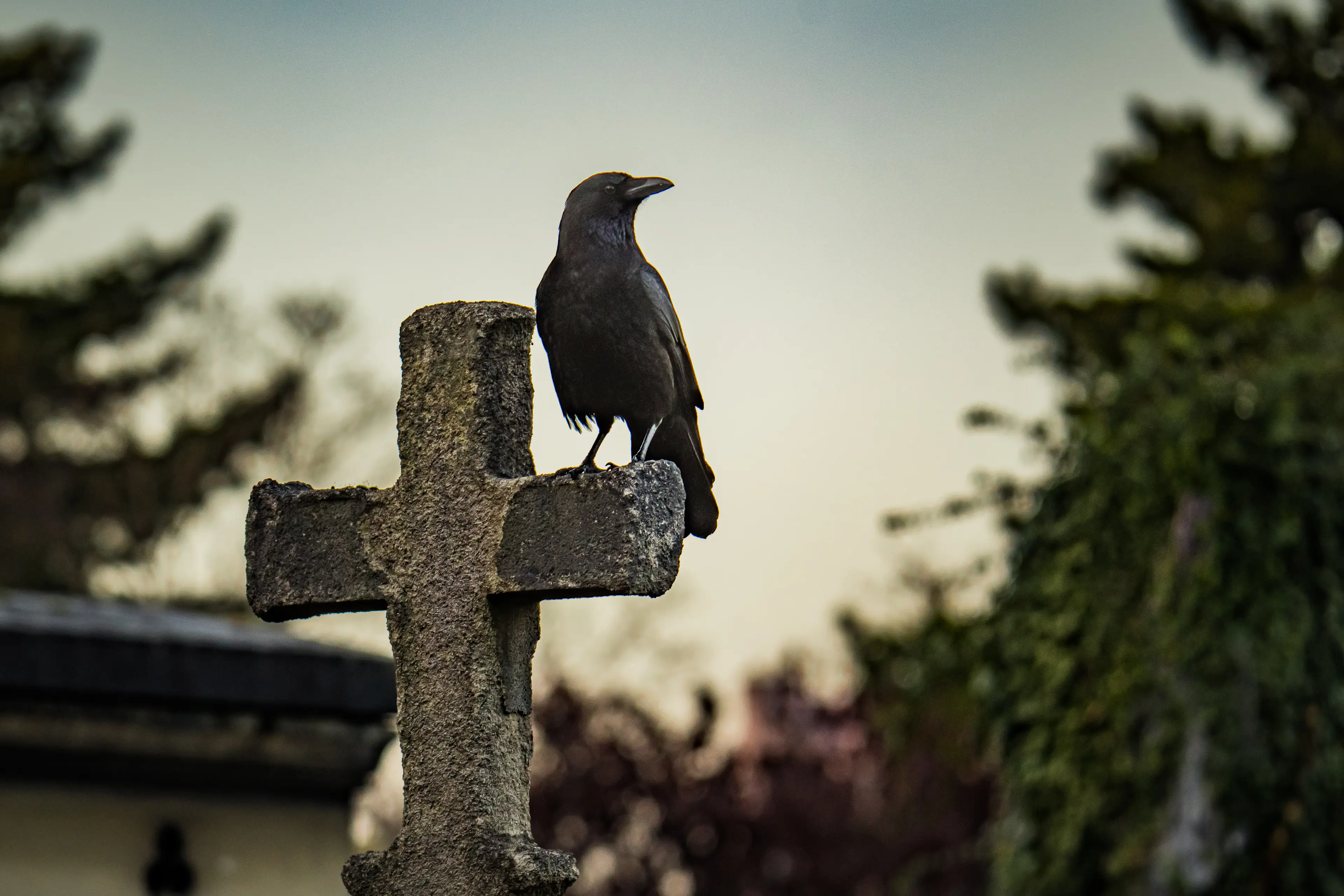
There are two things which happen to every person who ever existed, does exist or shall exist - birth and death.
Nobody really remembers being born, and to be honest those early stages of life are all a bit of a blur which you'll know about more through other people's memories of it than your own.
On the other hand nobody really remembers dying either, because part of the whole shebang is that you don't come back from it.
Of course there are some people who have medically 'died' but many of them have rather differing perspectives on what they experienced and it's rather difficult to verify because the choir invisible doesn't tend to let you out of the congregation once you've joined.
Advert

However, a doctor who has worked in palliative care for 30 years has explained what happens in those final moments when you die.
Doctor Kathryn Mannix recently wrote the animated short Dying for Beginners in the hopes that it would help address some of the fears people have about dying.
She was on BBC's Woman's Hour to speak more about that final journey we all one day must take.
She said: "It’s not a frightening mental state to be in, it’s a state of not knowing anything.
"The first thing that’s noticeable is just that the body starts to run out of energy, almost like when you’ve got an old mobile phone and the battery won’t stay charged.

"And the charger is sleep. More than food, more than drink. And in fact a lot of dying people don’t feel very hungry and that’s fine.
"They’re not dying because they’re not eating. They’re not eating because their body is dying.
"So as time goes by people gradually need more sleep to give them intervals of enough energy to think and do what they can.
"And gradually people become not just asleep, but unconscious. Now they don’t recognise the difference."
The doctor also addressed something referred to as the 'death rattle', a noise people may make in their final moments which their loved ones can find particularly upsetting.

"The brain runs reflex breathing patterns that move backwards and forwards between quite deep breathing that gradually becomes more shallow," Doctor Mannix explained.
"And then back to the beginning again, and backwards and forwards between periods of quite slow breathing, more rapid breathing, back to slow breathing again.
"Now if you haven’t seen that before, you might think that the person who is breathing, perhaps fast but shallow, is struggling to breathe or is panting or is uncomfortable."
She said the noise was a sign of 'deep unconsciousness' and that it was not an indication of their life flashing before their eyes.
The doctor explained that in the end there would be 'a breath out that just doesn’t have another breath in after it', and hoped that if people knew more about what a person went through when they die it might help 'take away the fear' some have around it.
Topics: Health